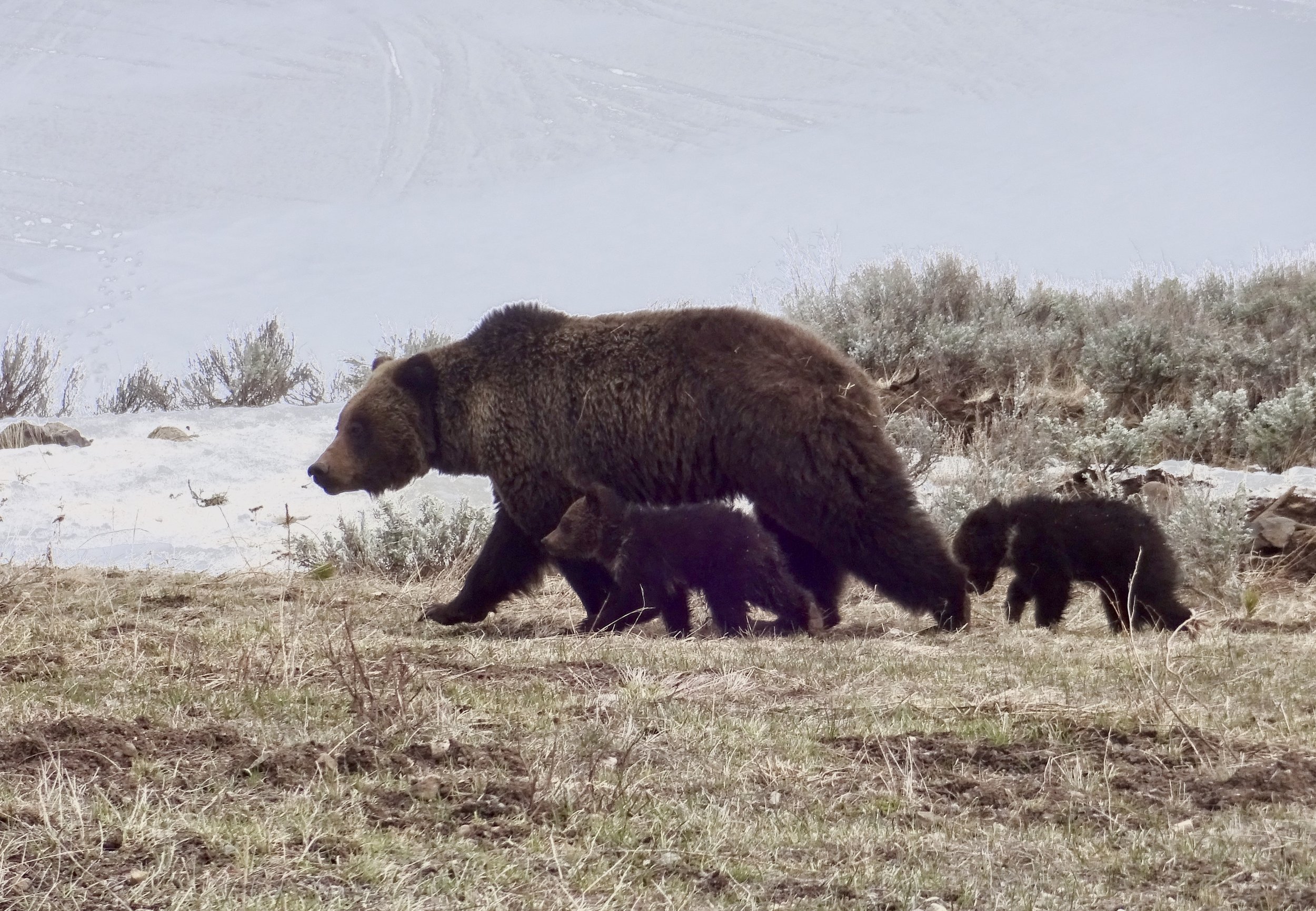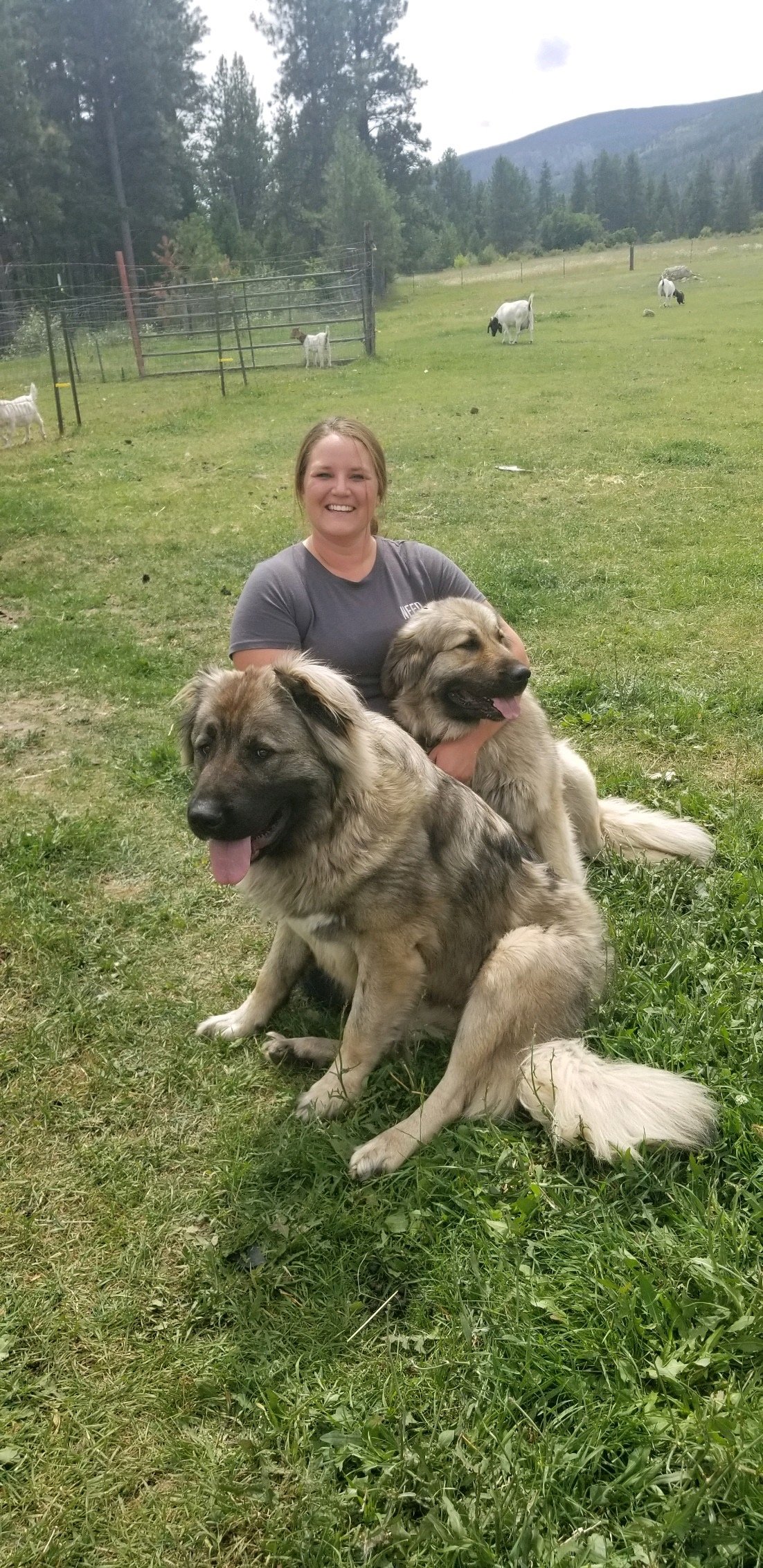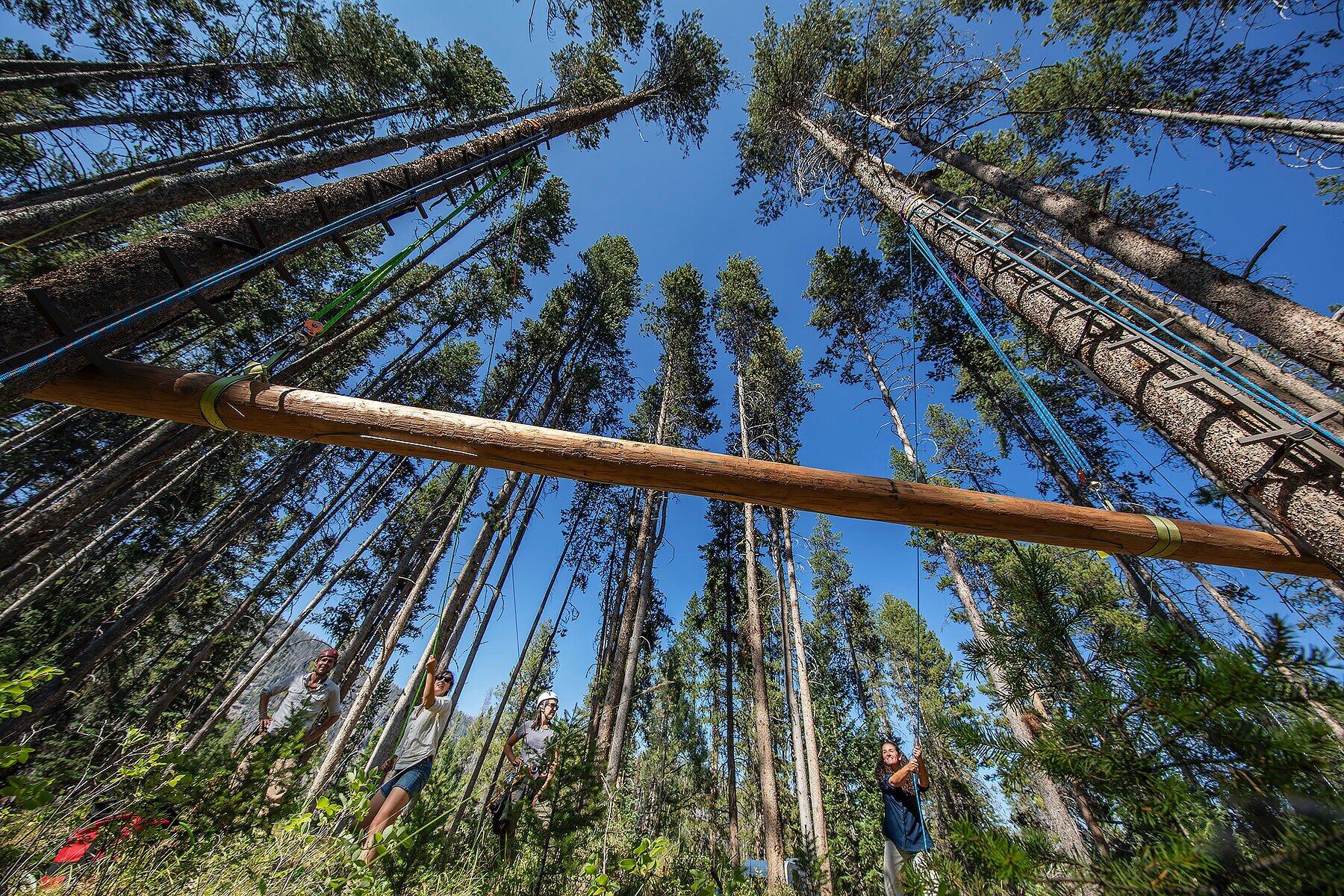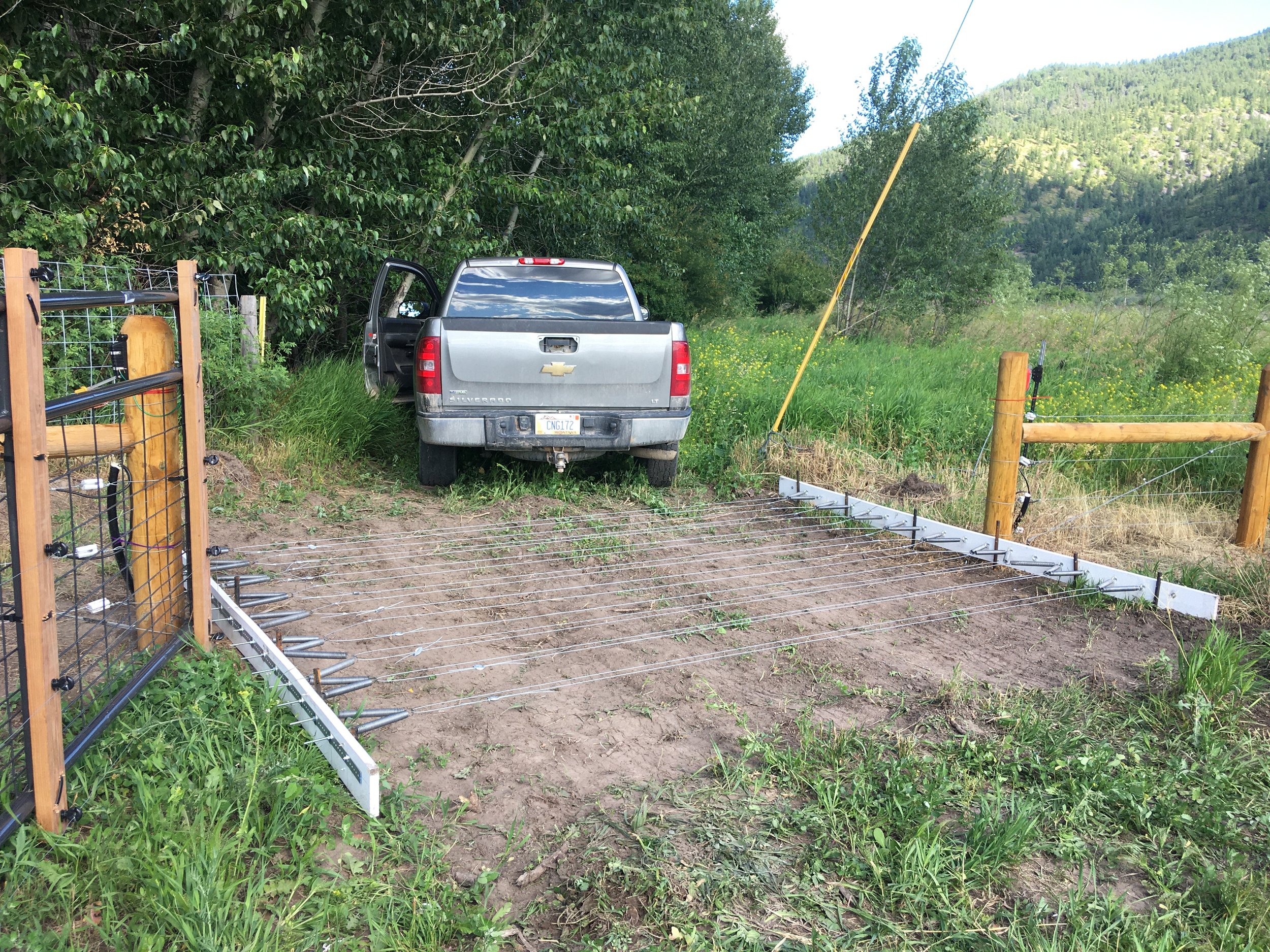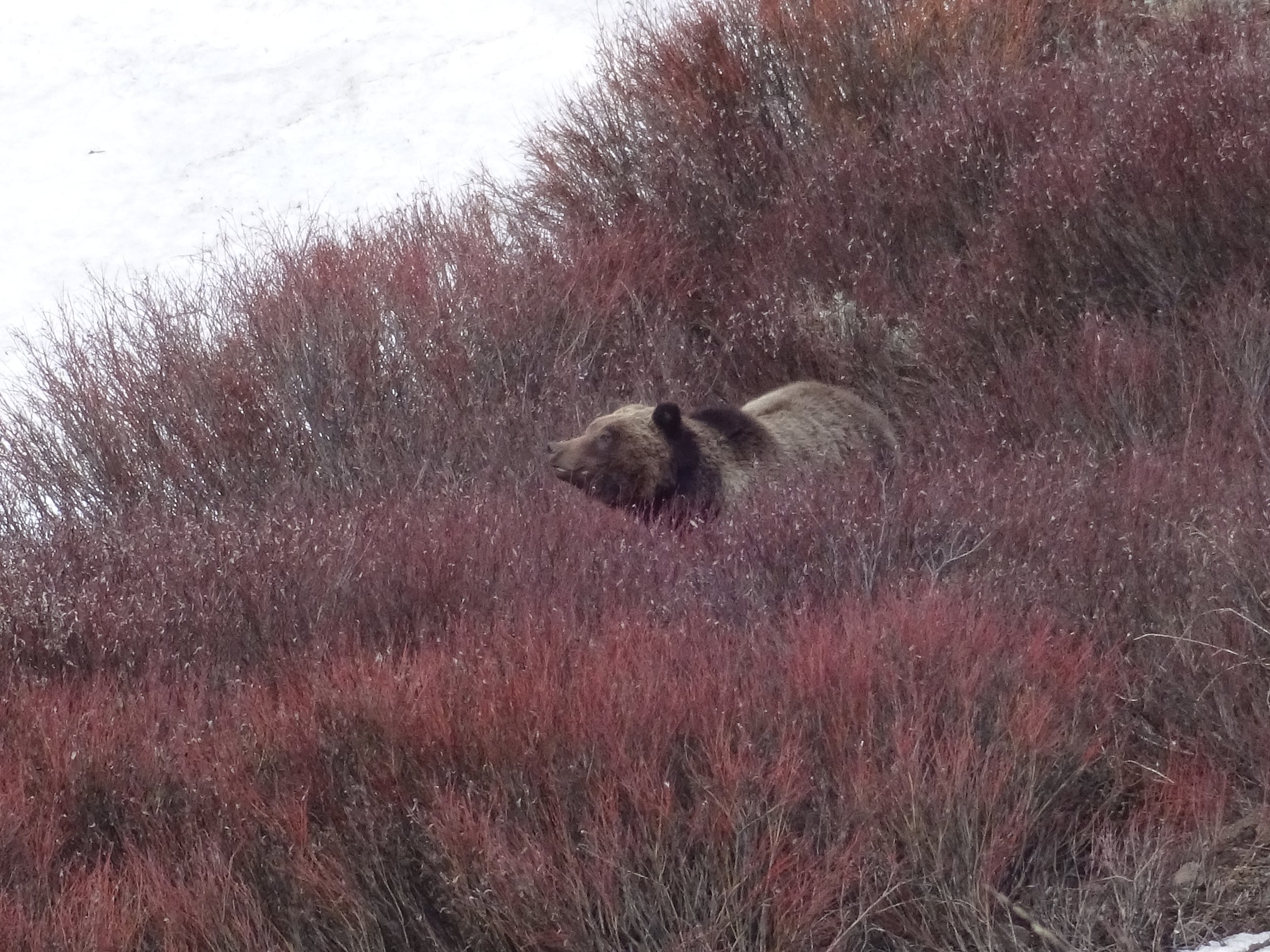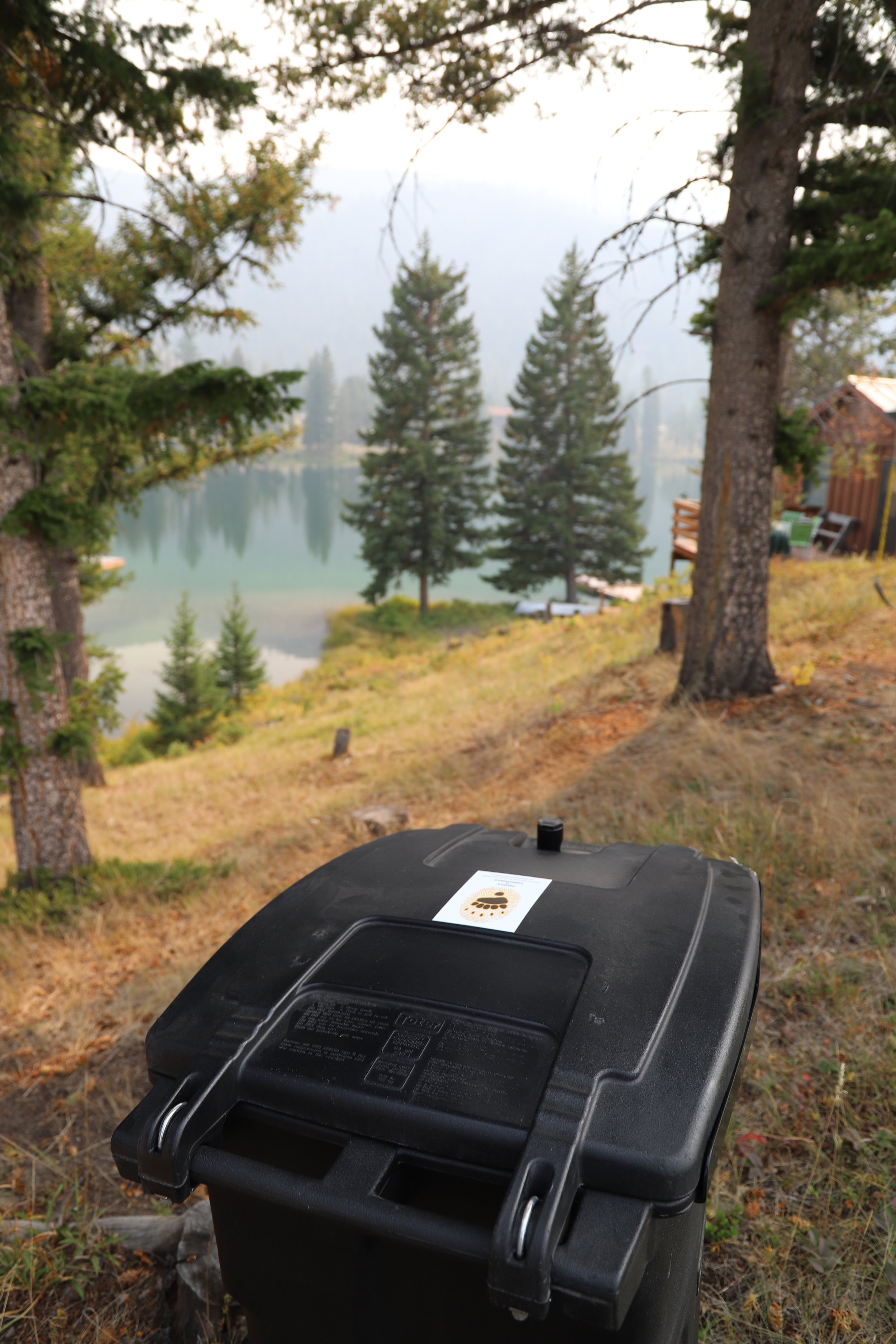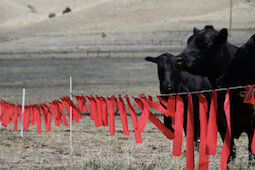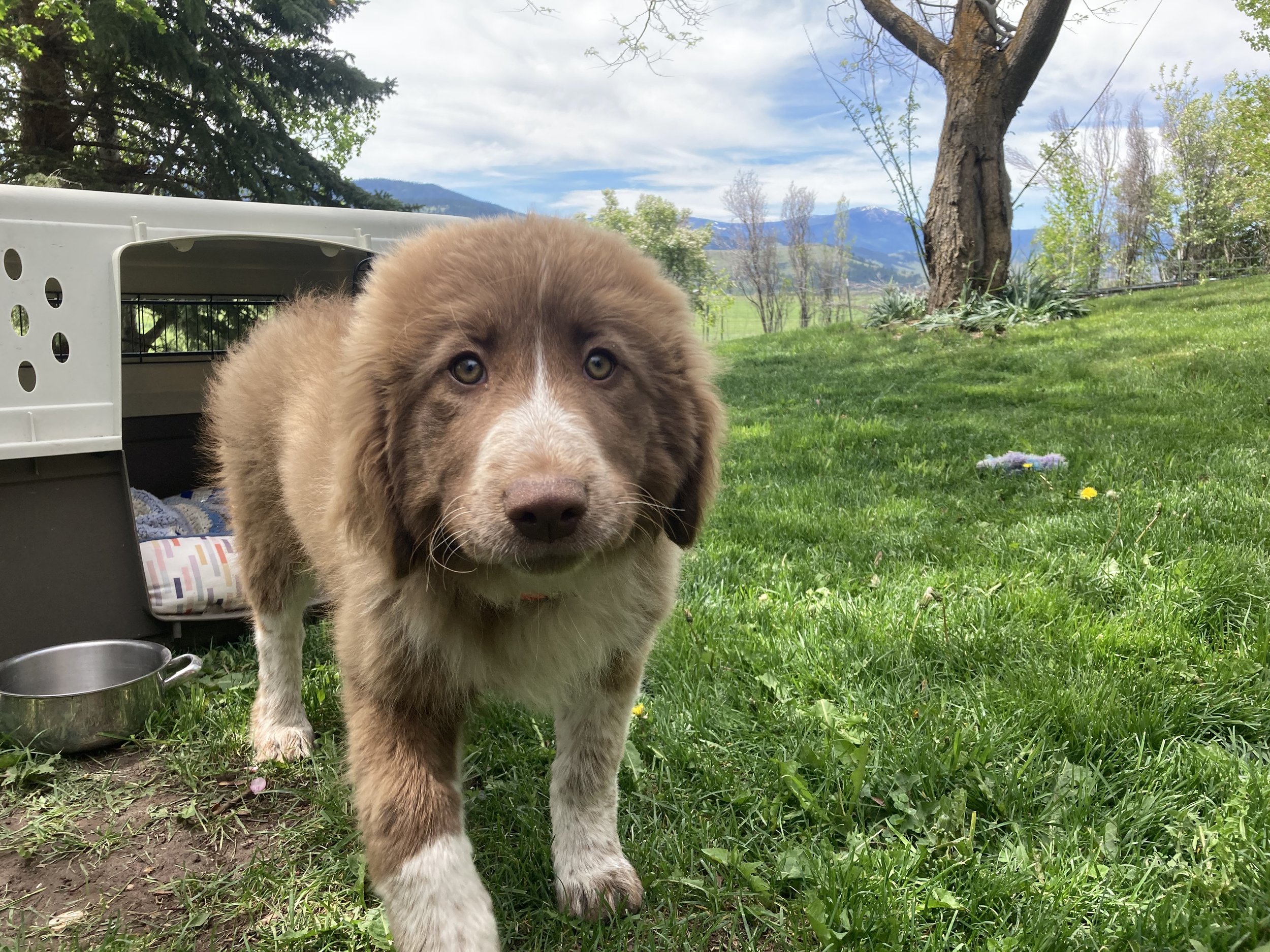
Our Approach
In order to protect wild carnivores, we also have to protect people and property.
When wolves, bears, and lions stay away from homes, livestock and pets, crops, and garbage, they can roam free. But when wild carnivores harm people or their property, they are usually killed.
To protect both people and carnivores, we need to either remove the unnatural food source (pet food, chickens, beehives, sheep, fruit trees, crops, garbage and others), or we need to deter wild carnivores away from these attractants with certain tools and practices.
We have field specialists placed around western Montana between core habitat areas to apply tools, educate community members, and partner with land and wildlife managers to prevent human-carnivore conflicts.

At People and Carnivores, we develop, test, and apply tools and practices that prevent large carnivores from getting into trouble with people or property.
Our conflict prevention tools and practices vary from species to species.
Mountain Lions
To prevent conflicts with mountain lions, we focus on residential and backcountry education as well as fencing solutions, guard dogs, and scare devices.
Grizzly and Black Bears
To prevent conflicts with grizzly or black bears, we focus on securing garbage and using fencing solutions and scare devices to keep bears away from crops and livestock. We also conduct education and trainings on bear safety, and install food storage solutions in the backcountry such as bear/game poles.
Wolves
To prevent conflicts with wolves, we focus on keeping them away from livestock using various scare devices, livestock guardian dogs, and fencing solutions such as fladry. Some of these tools also work to deter coyotes.
